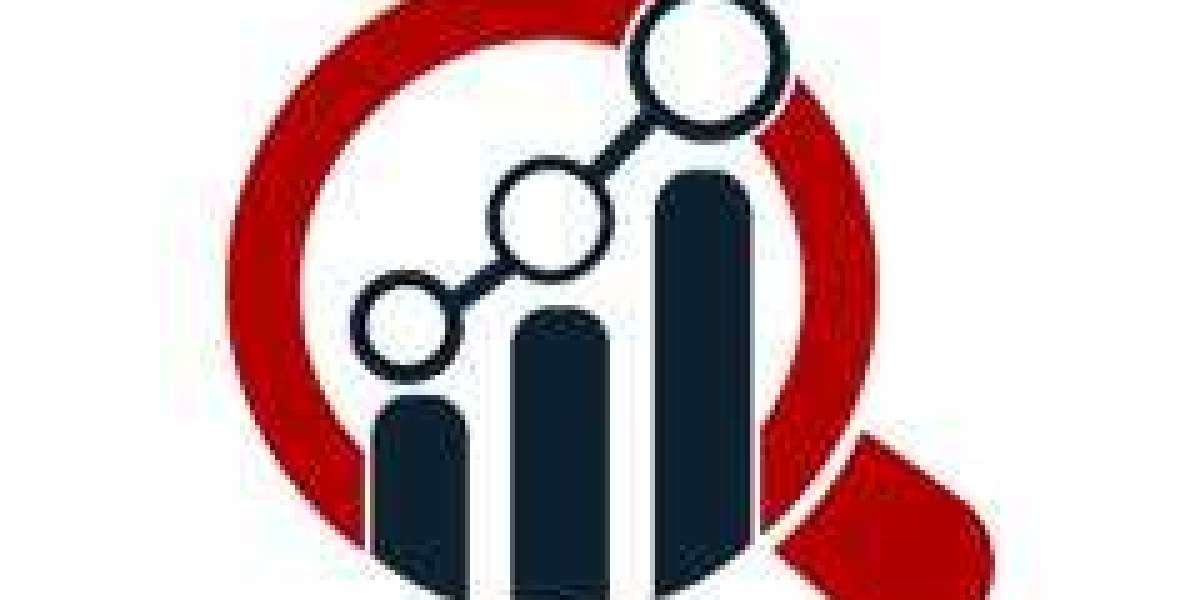Market Overview
Biosimilar bevacizumab is a biological product highly like the reference biologic Avastin. It is used to treat various types of cancer, including colorectal, lung, breast, kidney, and ovarian cancer. The biosimilar market for bevacizumab has witnessed significant growth due to the increasing prevalence of cancer, the high cost of the reference product, and the growing acceptance of biosimilars among healthcare providers and patients.
Competitive Landscape
The biosimilar bevacizumab market is highly competitive, with numerous pharmaceutical giants and emerging biotech companies vying for market share. Key players in this space include Amgen, AryoGen Pharmed, Biothera, Boehringer Ingelheim, Centus Biotherapeutics, Henlius Biotech, Innovent Biologics, Mylan, mAbxience, Outlook Therapeutics, Pfizer, Prestige Biopharma, Roche, Samsung Bio, and TOT Biopharm. These companies are engaged in intense competition to develop, manufacture, and commercialize biosimilar bevacizumab products effectively.
These companies are focusing on strategies such as early market entry, robust clinical development, competitive pricing, and strong commercialization efforts to gain a competitive edge.
Market Size and Growth
The global biosimilar bevacizumab market is experiencing robust growth, driven by the increasing prevalence of cancer, the high cost of the reference biologic, and the growing acceptance of biosimilars. The market size is estimated to be [USD 1.52 billion] in [2023] and is projected to reach [USD 3.04 billion] by [2032], exhibiting a CAGR of [9.0%]. Key factors driving this expansion include the patent expiration of Avastin in major markets, which has encouraged biosimilar development, and the cost-saving benefits offered by these biosimilars to healthcare systems.
The global biosimilar bevacizumab market is expected to exhibit substantial growth in the coming years, driven by factors such as:
- Increasing prevalence of cancer: The rising incidence of various cancer types, especially in developing countries, is boosting the demand for effective treatment options like bevacizumab.
- Patent expiry of Avastin: The expiration of Avastin's patents in major markets has opened doors for biosimilar manufacturers to enter the market, increasing competition and driving down prices.
- Cost-effectiveness: Biosimilars are generally priced lower than their reference biologics, making them an attractive option for healthcare systems and patients.
- Growing acceptance of biosimilars: The increasing awareness and understanding of biosimilars among healthcare professionals and patients are contributing to their wider adoption.
Market Dynamics
Driver
The biosimilar bevacizumab market is primarily driven by the escalating global cancer burden, coupled with the high cost of the reference biologic, Avastin. The expiration of Avastin's patents has opened doors for biosimilar manufacturers, fostering competition and driving down prices. Moreover, the increasing recognition of biosimilars as cost-effective alternatives with comparable efficacy to their reference counterparts is accelerating their adoption among healthcare providers and patients.
Opportunities
The biosimilar bevacizumab market presents significant growth opportunities through market expansion and product diversification. Emerging markets with expanding healthcare sectors offer substantial potential. Additionally, developing combination therapies with other biosimilars or small-molecule drugs can create new avenues for growth. Exploring additional therapeutic indications for biosimilar bevacizumab can further broaden the market reach. Moreover, leveraging digital health technologies to improve patient care and engagement can enhance market penetration.
Challenges
The biosimilar bevacizumab market faces several challenges. Stringent regulatory hurdles, coupled with the complexity of biological product manufacturing, can significantly increase development costs and time-to-market. Additionally, overcoming physician and patient hesitancy towards biosimilars compared to reference biologics remains an obstacle. The market is highly competitive, with numerous players vying for market share, which can lead to price erosion and profitability pressures.
Regional Analysis
North America (US and Canada):
North America, particularly the United States and Canada, dominates the biosimilar bevacizumab market. This region benefits from advanced healthcare infrastructure, early adoption of biosimilars, and a high prevalence of cancer. The substantial cost of prescription drugs in these countries has driven a strong demand for more affordable treatment options like biosimilars. Additionally, payers such as private insurers and government programs are increasingly exerting pressure to reduce drug costs, further accelerating the adoption of biosimilar bevacizumab.
Europe (Germany, France, UK, Italy, Spain):
Europe, encompassing countries like Germany, France, the United Kingdom, Italy, and Spain, represents a mature market for biosimilar bevacizumab. Characterized by a well-developed healthcare system, there's a strong emphasis on cost-effective treatments. However, market entry, pricing strategies, and patient access are significantly influenced by the varying regulatory frameworks and reimbursement policies across these nations.
Asia Pacific (China, India, Japan, Australia, South Korea):
The Asia Pacific region, encompassing countries such as China, India, Japan, Australia, and South Korea, is poised for rapid growth in the biosimilar bevacizumab market. This growth is fueled by a combination of factors including rising healthcare expenditure, a surge in cancer incidence, and supportive government policies promoting biosimilars. Notably, China and India, with their vast populations and expanding healthcare sectors, hold immense potential to drive market expansion
Rest of the World (Middle East, Africa, Latin America):
Emerging markets offer growth potential due to rising healthcare awareness and demand for affordable cancer treatments. However, underdeveloped healthcare infrastructure and limited resources pose significant challenges.
Market Segmentation
By Indication
- Colorectal cancer: A major indication for bevacizumab, contributing significantly to market growth.
- Lung cancer: A substantial market segment due to the high prevalence of lung cancer.
- Breast cancer: A significant market opportunity with increasing use of bevacizumab in combination therapies.
- Renal cell carcinoma: A growing market segment due to the approval of bevacizumab for this indication.
- Ovarian cancer: A market segment with potential growth due to the use of bevacizumab in combination regimens.
- Other cancers: Includes other cancer types where bevacizumab is used, such as cervical cancer and glioblastoma.
By Distribution Channel
- Hospitals: The primary distribution channel for bevacizumab, as it is primarily administered in healthcare settings.
- Retail pharmacies: A growing distribution channel for biosimilars, offering convenience to patients.
- Online pharmacies: An emerging distribution channel, providing accessibility and potential cost savings.
By End User
- Hospitals and clinics: The primary end users due to the administration of bevacizumab in healthcare settings.
- Patients: The ultimate end users who benefit from the treatment.
By Product Type
- Biosimilar bevacizumab: Different biosimilar products from various manufacturers.
- Reference biologic (Avastin): The original biologic product for comparison and market share analysis.
Market Strategies
Key strategies adopted by players in the biosimilar bevacizumab market include:
- Early market entry: Gaining first-mover advantage can help establish a strong market position.
- Robust clinical development: Demonstrating biosimilarity through rigorous clinical trials is essential for regulatory approval and market acceptance.
- Price competitiveness: Offering competitive pricing compared to the reference product is crucial for attracting patients and healthcare providers.
- Strong commercialization efforts: Building a robust commercial infrastructure and effective marketing campaigns are vital for market penetration.
- Focus on emerging markets: Expanding into high-growth emerging markets can offer significant opportunities for market expansion.
Related Report
Biosimilar Contract Manufacturing Market


